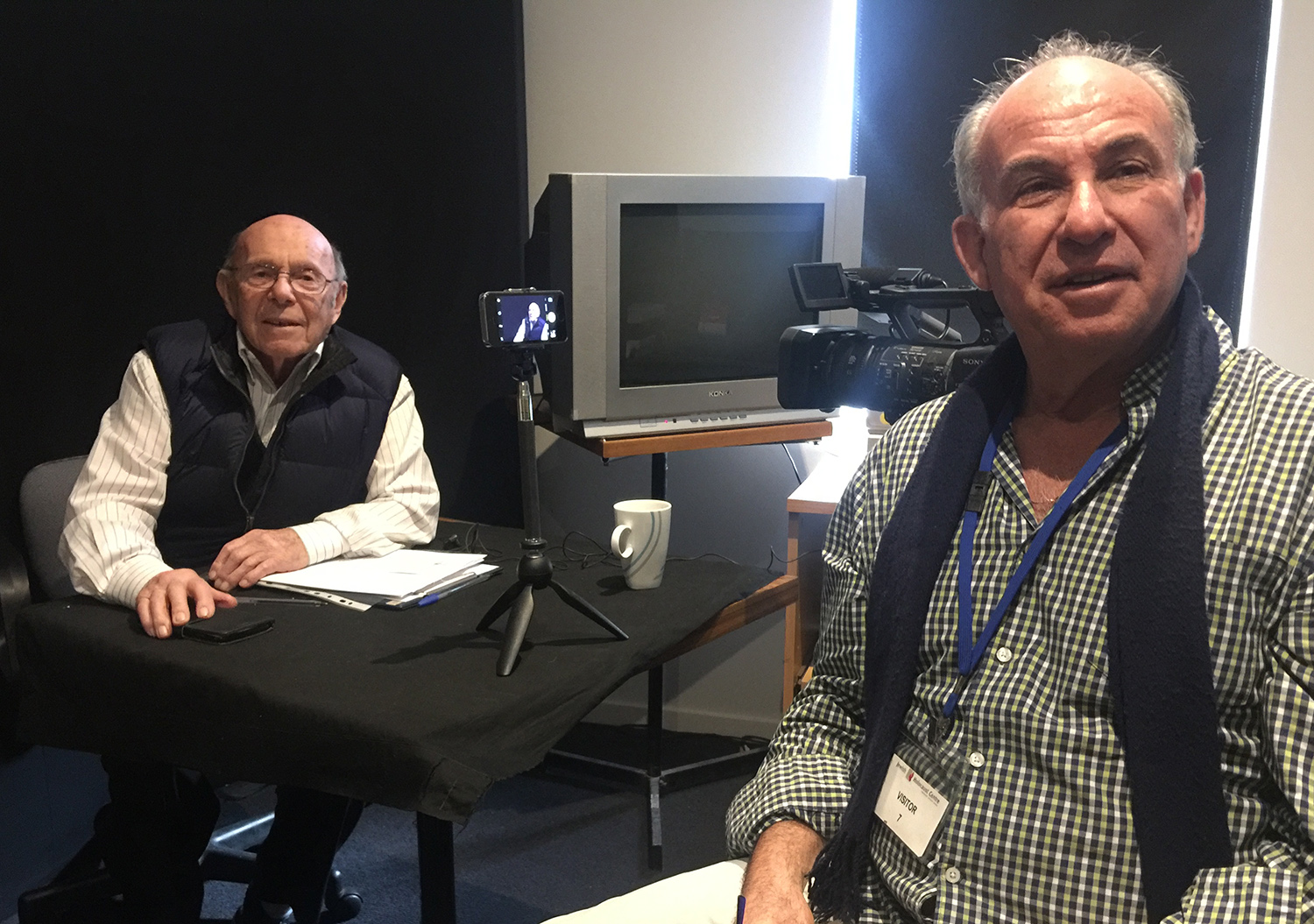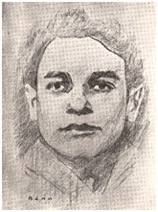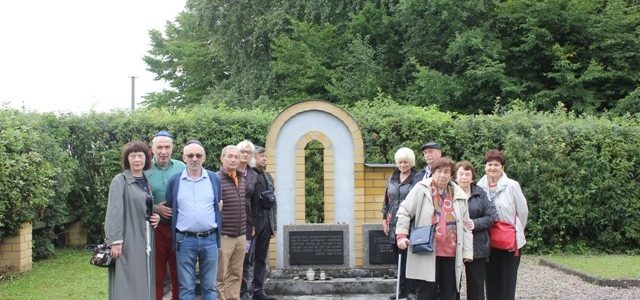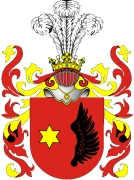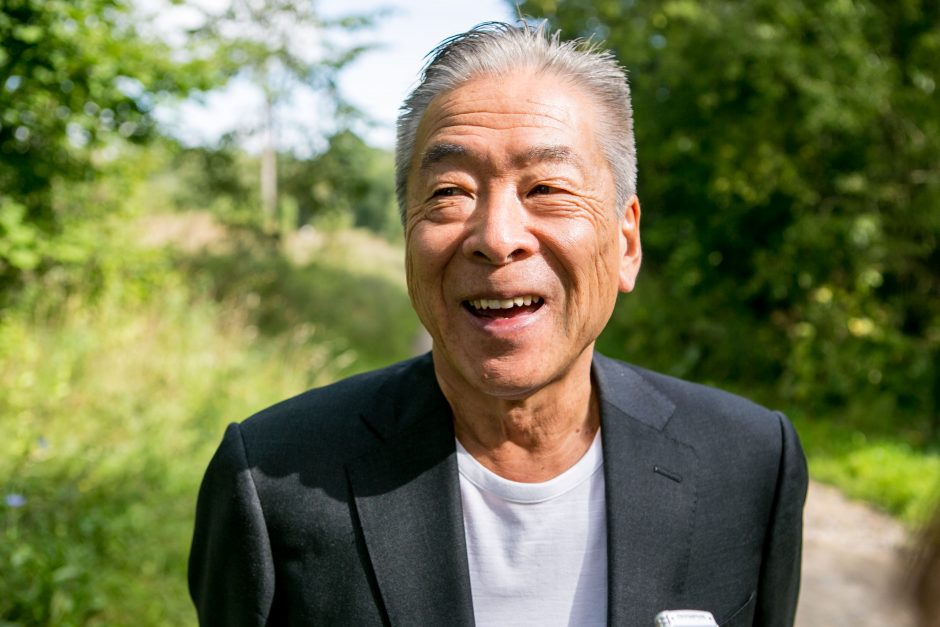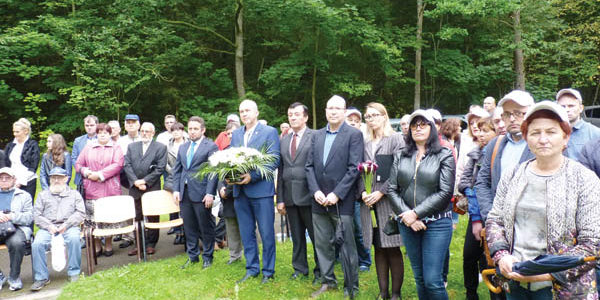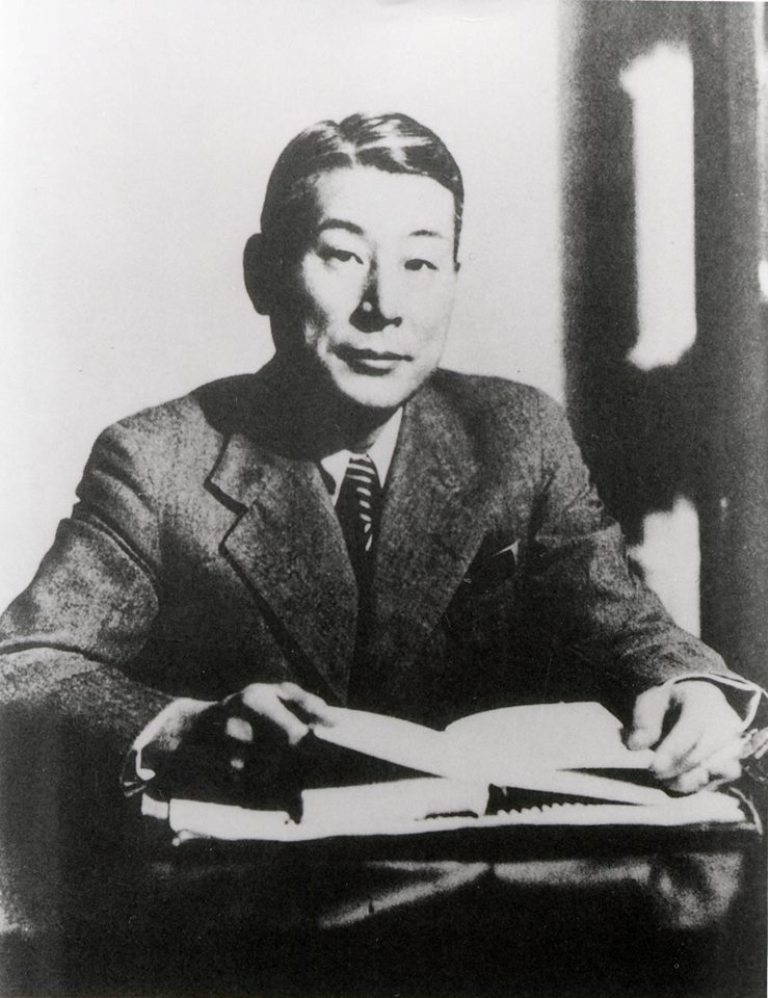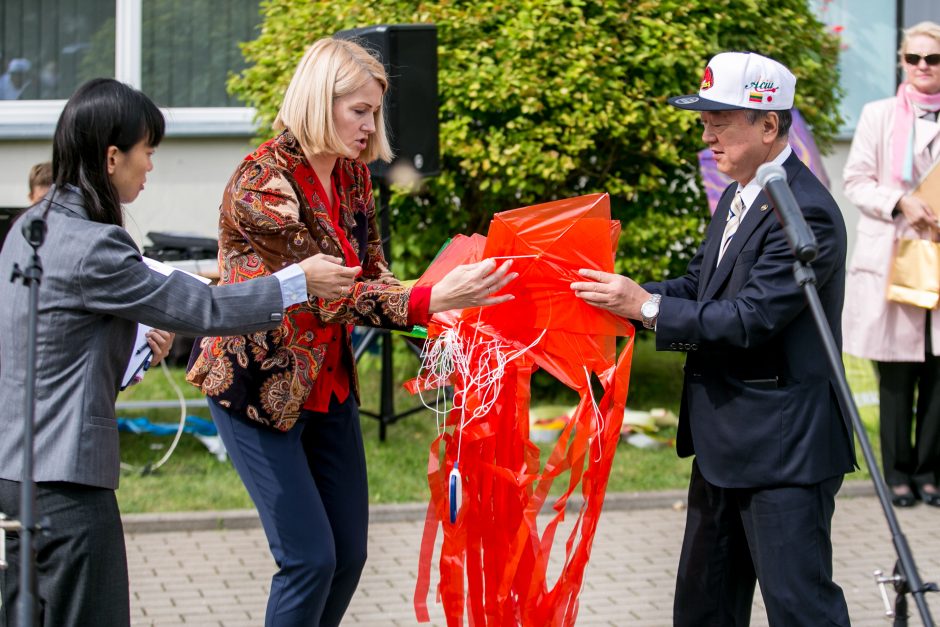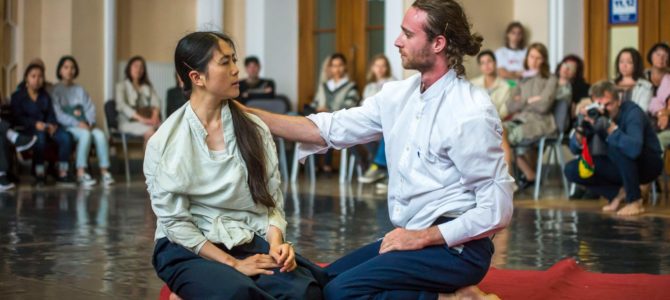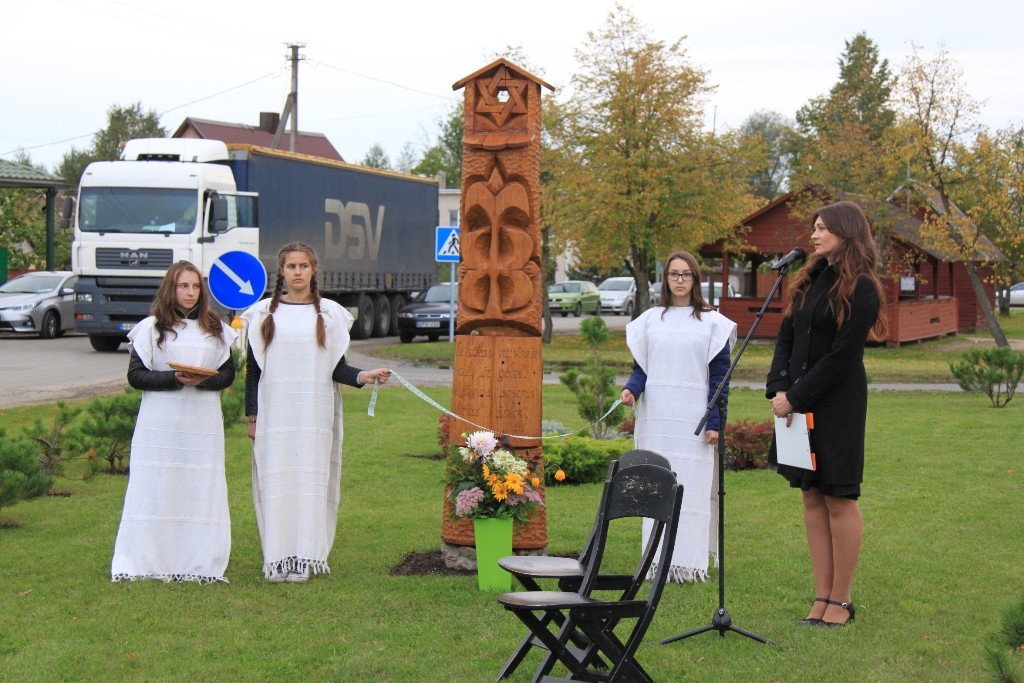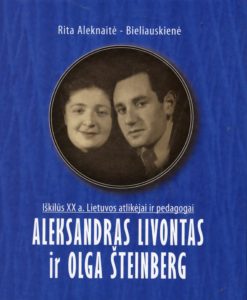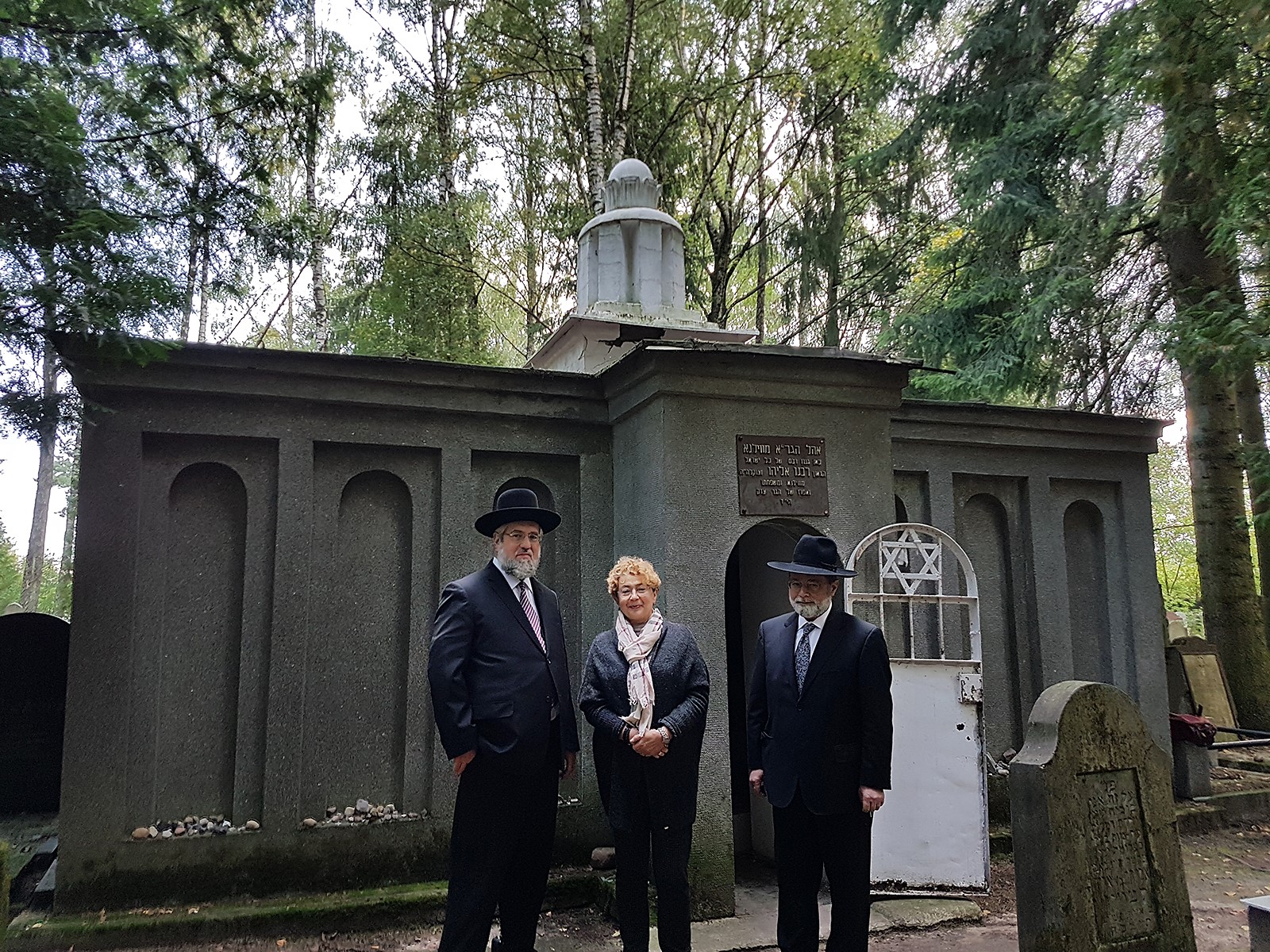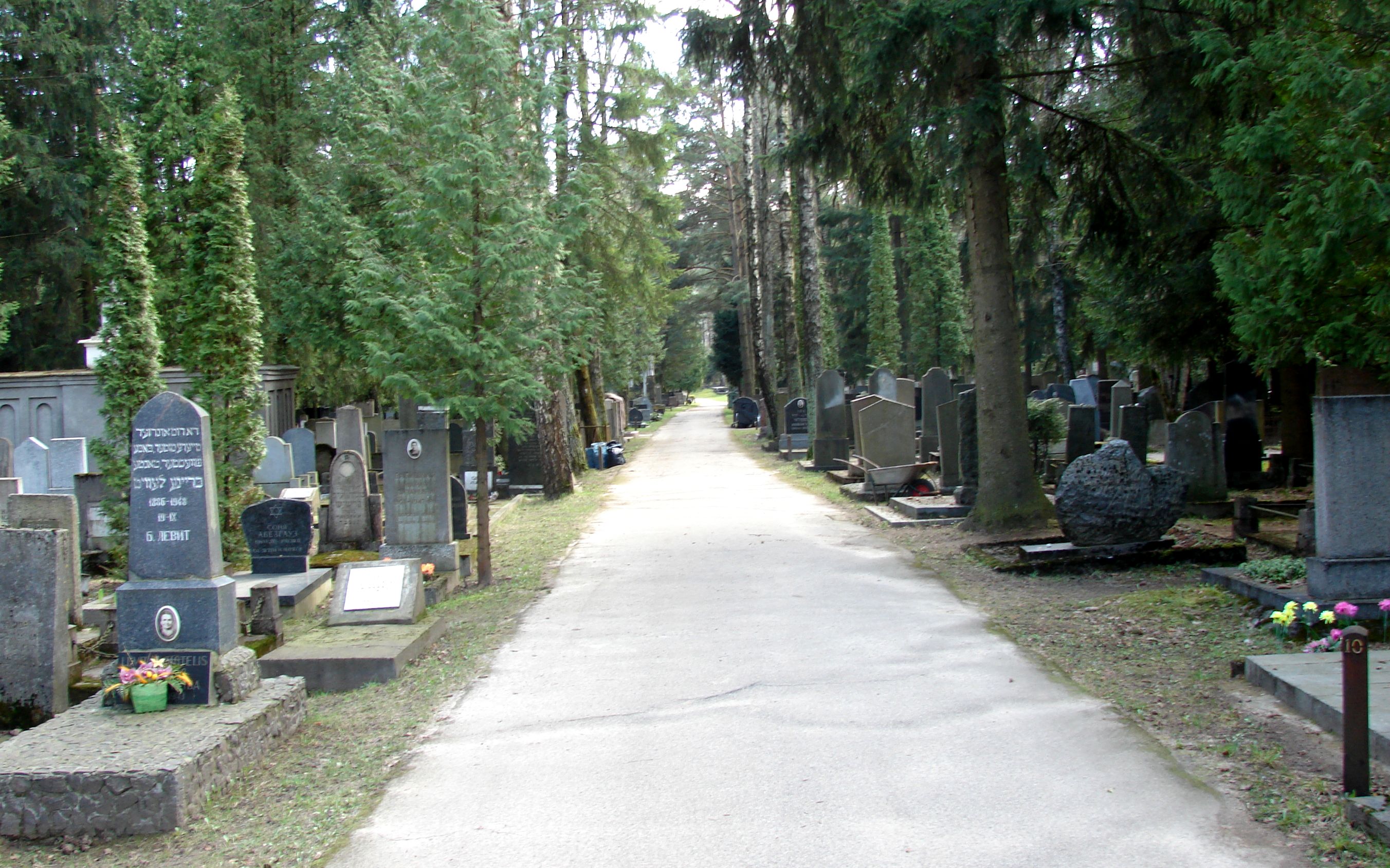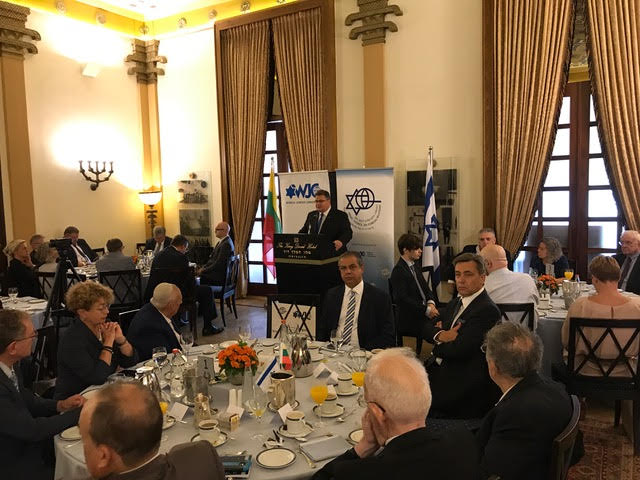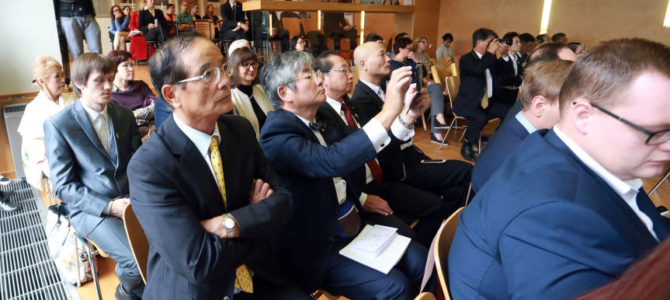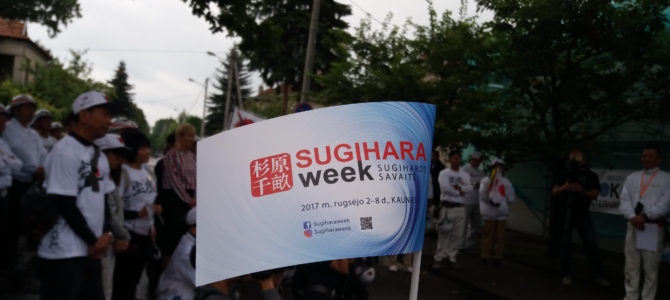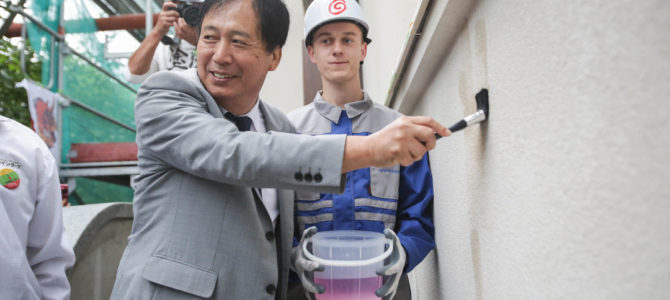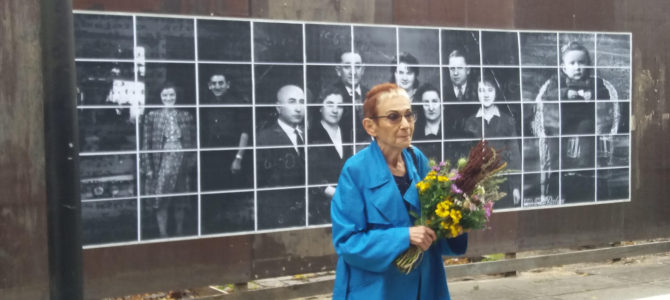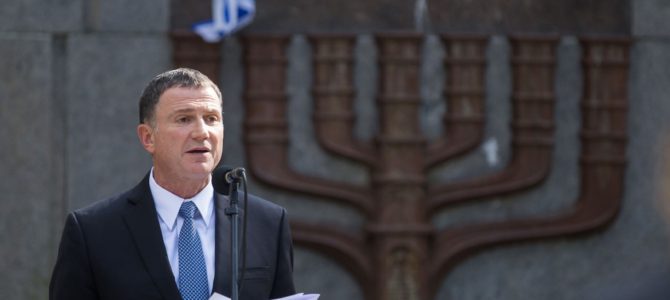
BNS reports Israeli Knesset speaker Yuli-Yoel Edelstein speaking at the Ponar Memorial Complex outside Vilnius called on Lithuania to pay more attention to commemorating Jewish history and preserving Jewish heritage, and said the country needs to insure it has rid itself of xenophobia and anti-Semitism.
According to BNS, he said independent Lithuania is more concerned about Holocaust commemoration than the Soviet government was, but the situation can still be improved.
“Definitely, in comparison with the period of Soviet Union, when all the Jewish heritage, Holocaust remembrance, everything was wiped out, we see positive developments,” BNS quoted the speaker of the Israeli parliament telling reporters in Vilnius after visiting the Ponar memorial to Holocaust victims Wednesday. “But there’s never enough. As I said, the heritage was great, the contribution was great. Let’s not forget, Vilna was called Jerusalem of Lithuania, Jerusalem of the North, [and] was one of the most meaningful Jewish cities,” he was quoted as saying.
Edelstein called on Lithuanians “to honestly remember that there were Nazis, there were their collaborators, Lithuanians, there were courageous Lithuanians saving Jews during the Holocaust”.
“This is history, you can’t rewrite it, you cannot cross it,” he said according to BNS.
He reportedly called on Lithuania to pay attention to the historical memory of Lithuanian Jews, their life until the Holocaust and their contribution to Lithuania’s history, culture, art and business. He said the people who were murdered weren’t numbers and had names, according to BNS, and said the challenge for the Lithuanian Government, the local Jewish community and local non-Jews was to collect the names, remember the names and to celebrate the commemorative sites around the country, according to BNS.
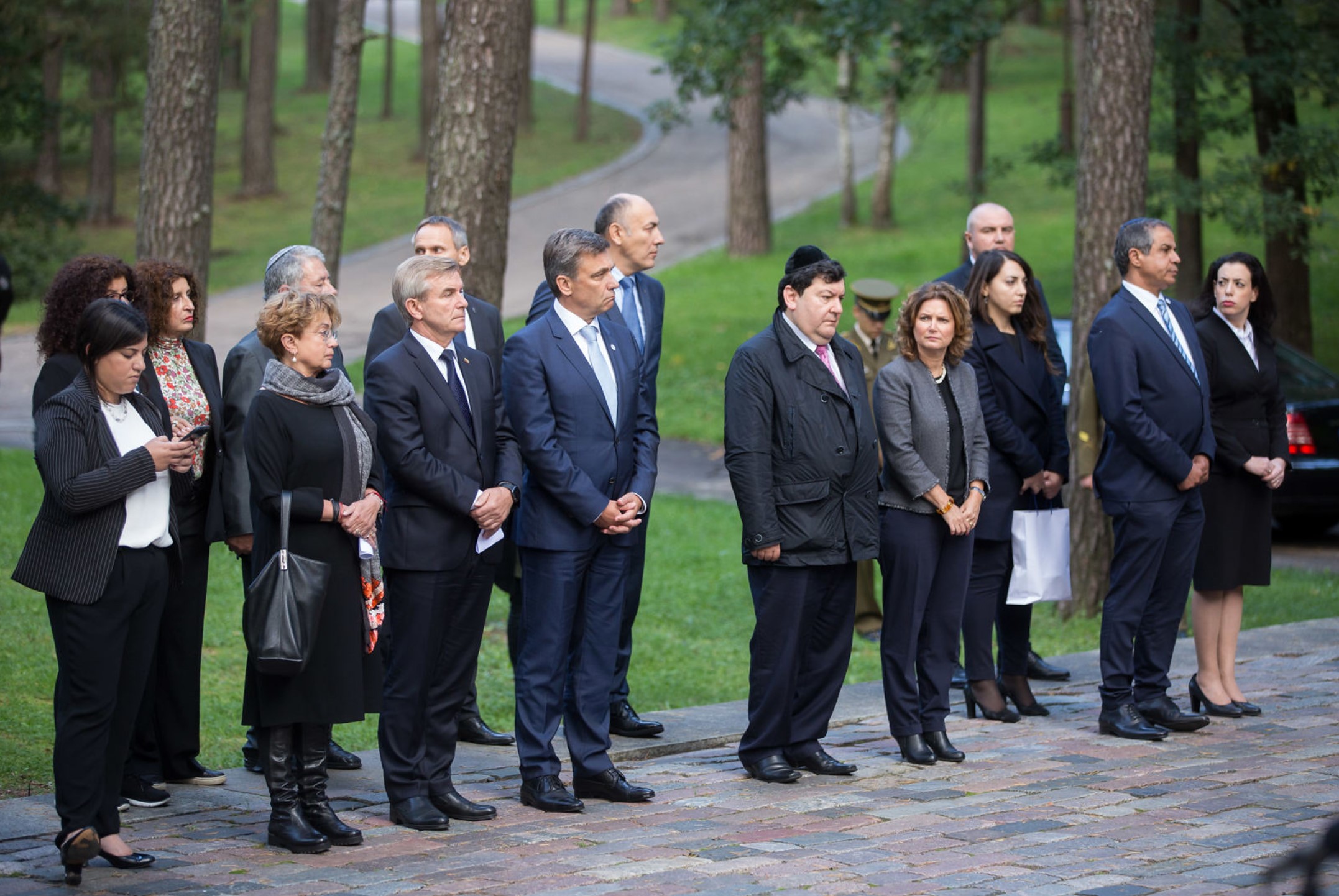
Edelstein last visited Vilnius in 2009 as the Israeli minister of public diplomacy and Diaspora affairs. BNS reported he was told not to go on that trip to Lithuania by Litvak Holocaust survivors, who claimed he had no right to go. Edelstein noted a complete change in the situation over the intervening years which he said were down to the decisions of the Lithuanian Government and due to relations between the two countries, BNS reported.
Edelstein expressed the hope Lithuanian leaders would maintain that course and stressed it was the task of the Lithuanian Government to insure no xenophobic and anti-Semitic sentiments are left in the country.
“I never think that it’s a sign of friendship to Israel or special relations with Israel. It’s an internal Lithuanian task,” he was quoted as saying by BNS.
The speaker of the Knesset also called for moving to practical steps for fortifying Israeli-Lithuanian friendship and said he discussed those kinds of steps with Lithuanian president Dalia Grybauskaitė, prime minister Saulius Skvernelis and the speaker of the Seimas (parliament) Viktoras Pranckietis.
“We can’t just stay forever with this phrase about friendship and positive relations; we have to do practical things. In all my meetings here, we discussed how to strengthen the economic ties, cultural ties [and] tourism that is on the rise,” BNS reported he said.



